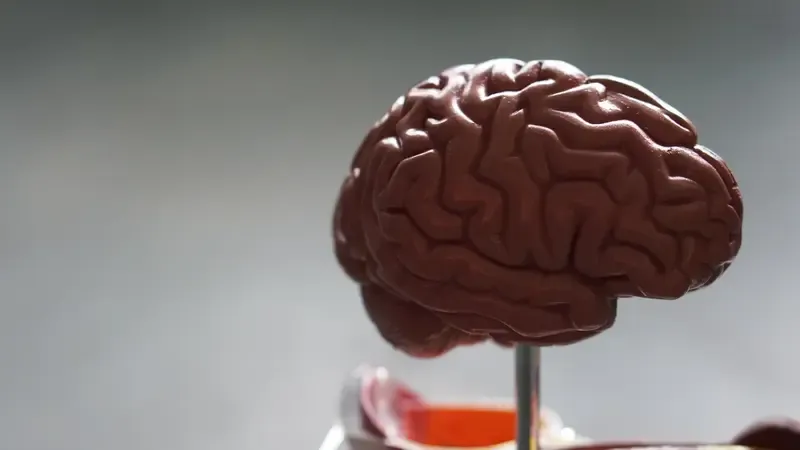Amnesia and dementia are both related to cognitive health but differ significantly. Amnesia primarily affects the memory, characterized by difficulty in recalling past events or forming new memories.

Blog
Amnesia and Dementia
Amnesia and dementia are both related to cognitive health but differ significantly. Amnesia primarily affects the memory, characterized by difficulty in recalling past events or forming new memories. It's often the result of brain damage or psychological trauma. Dementia, on the other hand, is a broader term that describes a decline in cognitive function, including memory, thinking, and reasoning skills. It's typically seen in older adults and can result from various conditions, like Alzheimer's disease or vascular dementia.
Early detection of amnesia and dementia is crucial. For amnesia, symptoms include difficulty remembering events, learning new information, or recognizing familiar places and faces. In dementia, early signs may include short-term memory loss, confusion, difficulty in completing familiar tasks, language problems, and changes in mood or behavior. Recognizing these symptoms can lead to earlier intervention and management.
Treatment for amnesia focuses on addressing the underlying cause and may include cognitive therapy or medications. For dementia, while there is no cure yet, treatments aim to manage symptoms and slow progression. These include medications for memory loss, therapies for symptom management, and lifestyle changes. Ongoing research is exploring new treatments, including potential medications and therapies to target the underlying causes of dementia.
Supporting a loved one with amnesia or dementia involves patience, understanding, and adapting to their changing needs. Creating a safe and comfortable environment, maintaining a routine, and using memory aids can be helpful. Emotional support is equally important, as these conditions can be challenging for both the individual and their family. Joining support groups and seeking professional advice can also provide valuable guidance and emotional support.
While not all cases of amnesia or dementia can be prevented, certain lifestyle choices may reduce the risk. This includes regular physical exercise, a healthy diet, mental stimulation, and social engagement. Avoiding smoking and excessive alcohol, and managing health conditions like diabetes and hypertension are also important.
The emotional impact of amnesia and dementia on individuals and their families can be profound. Addressing these emotional challenges through counseling, therapy, and support networks is crucial for maintaining mental health and resilience.
Planning for the future is essential when dealing with amnesia or dementia. This includes legal and financial planning, such as establishing power of attorney, living wills, and long-term care arrangements. Early planning can ease the burden on families and ensure that the individual's wishes are respected.
Amnesia and dementia are both related to cognitive health but differ significantly. Amnesia primarily affects the memory, characterized by difficulty in recalling past events or forming new memories. It's often the result of brain damage or psychological trauma. Dementia, on the other hand, is a broader term that describes a decline in cognitive function, including memory, thinking, and reasoning skills. It's typically seen in older adults and can result from various conditions, like Alzheimer's disease or vascular dementia.
This section covers The Role of Lifestyle in Preventing Cognitive Decline in detail.
Need Personalized Health Guidance?
Get expert advice tailored to your specific health needs from our qualified healthcare professionals.





